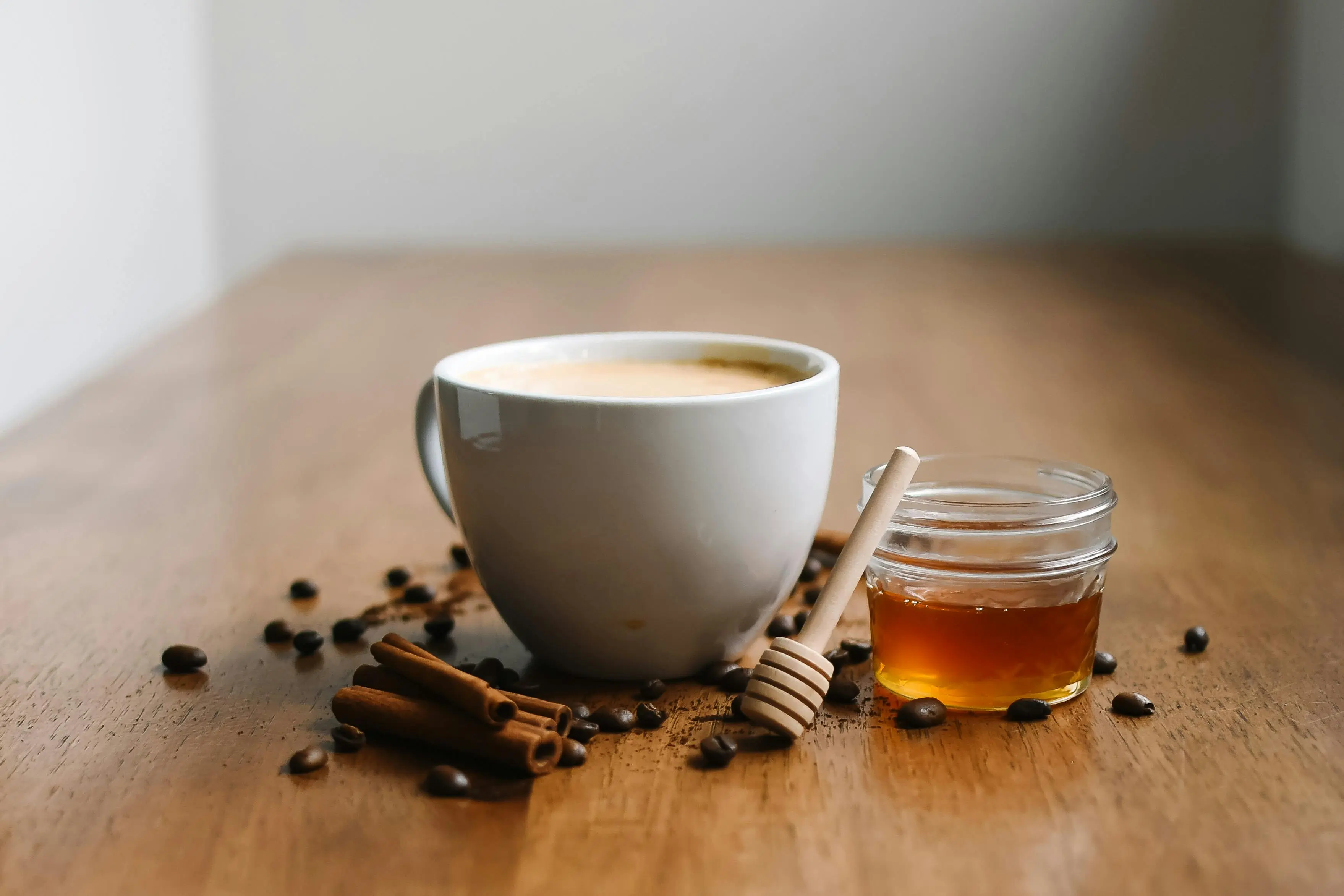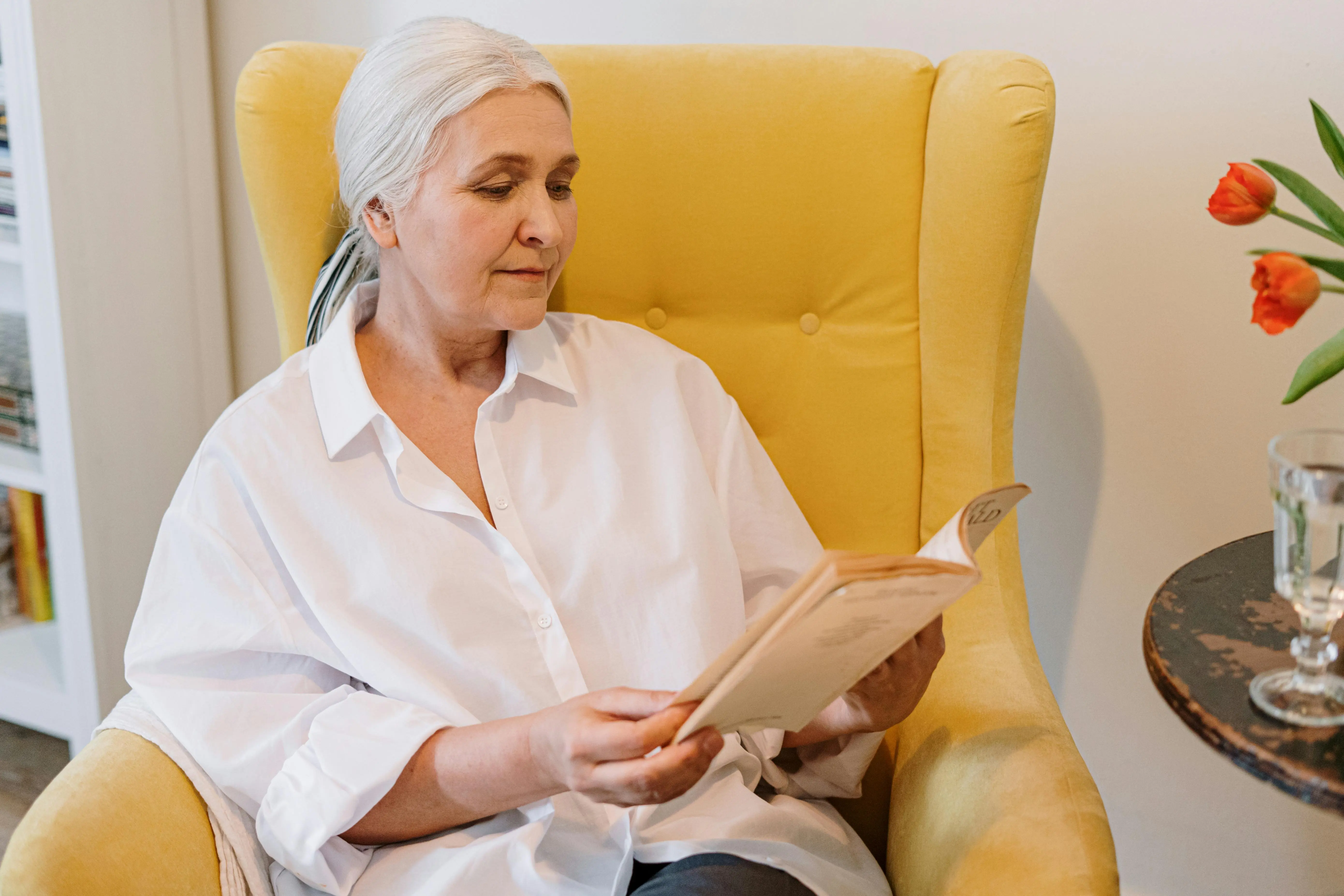Masala tea, a traditional Indian beverage, offers powerful health benefits for seniors—from better immunity to heart health. Here's why it deserves a spot in your wellness routine.

Blog
Boosting Senior Health: The Comprehensive Guide to Masala Tea Benefits
Masala tea, also known as masala chai, is more than just a comforting drink—it's a blend of aromatic spices with scientifically backed health advantages, particularly for seniors. As aging brings challenges like weakened immunity, digestive issues, and joint inflammation, a daily cup of masala tea can be a flavorful path to wellness. This comprehensive guide explores the nutritional value, preparation, and targeted benefits of masala tea for elderly health.
Masala tea is a centuries-old Indian beverage made by brewing black tea with spices like cardamom, ginger, cloves, cinnamon, and black pepper. These spices are boiled with milk and water to create a fragrant, spiced, and health-enhancing drink. Traditionally enjoyed for its taste, masala chai is now praised for its medicinal properties—making it an ideal daily tonic for aging adults.
Each spice in masala tea contributes unique health-promoting nutrients. For instance, ginger contains gingerol, known for its anti-inflammatory and digestion-boosting properties. Cardamom is rich in manganese, cinnamon in antioxidants, and black pepper aids in nutrient absorption. Together, they create a brew rich in polyphenols, flavonoids, and essential oils.
Regular consumption of masala tea provides a variety of science-supported advantages, especially for older adults:
Cardamom and cloves are known for their antimicrobial effects. Combined with vitamin-rich black tea and ginger, masala tea helps seniors ward off infections like colds and the flu.
Ginger and black pepper stimulate digestive enzymes, easing bloating and constipation—common issues among seniors.
Gingerol, eugenol (from cloves), and cinnamon reduce inflammation and joint pain, aiding those with arthritis or chronic body aches.
Cinnamon is known to help lower blood pressure and cholesterol. Combined with antioxidant-rich tea, this may reduce heart disease risk.
Certain spices like cinnamon and cardamom have been linked to improved bone mineral density, crucial for osteoporosis prevention in elderly women and men.
Black tea’s moderate caffeine stimulates alertness, while cinnamon and cardamom have mood-enhancing effects, helpful for combating age-related fatigue.
Mrs. Desai, a 68-year-old retired teacher from Mumbai, began drinking masala tea daily after her dietician recommended it as an alternative to sugary snacks. Within two months, she reported reduced bloating, fewer colds, and better mobility in her joints. Her new routine also included fruits like sweet lime and grapes, further enhancing her overall health.
To prepare authentic masala tea:
1 cup water, 1/2 cup milk, 1 tsp black tea leaves, 2 crushed cardamom pods, 1-inch ginger (grated), 1 clove, a pinch of cinnamon, and black pepper.
Boil spices in water for 3–4 minutes. Add tea leaves and simmer for 2 minutes. Pour in milk and bring to a boil. Strain and serve hot. Add honey if desired.
Although masala tea is beneficial, seniors with acid reflux, high caffeine sensitivity, or chronic kidney issues should consult a doctor before daily consumption. Opt for caffeine-free black tea or reduce the quantity if advised. Avoid excessive sugar.
Yes, in moderation. One to two cups daily can support health unless otherwise advised by a doctor.
Cinnamon and black tea may help regulate blood pressure, but consult your doctor for personalized advice.
Both have benefits. Masala tea is better for digestion and inflammation; green tea is milder and good for metabolism.
Morning or post-breakfast is ideal. Avoid late evenings to prevent sleep disturbances.
Masala tea is not just a beverage—it’s a wellness ritual rooted in tradition and supported by science. For seniors, it offers multiple benefits ranging from immune protection to digestive support and cardiovascular health. With the right precautions, it can be a powerful daily companion for aging gracefully.
HealthOK Global provides expert insights into disease prevention and diagnostic advancements. Call our 24x7 healthcare helpline at +91-8047190955.
Masala tea is a centuries-old Indian beverage made by brewing black tea with spices like cardamom, ginger, cloves, cinnamon, and black pepper. These spices are boiled with milk and water to create a fragrant, spiced, and health-enhancing drink. Traditionally enjoyed for its taste, masala chai is now praised for its medicinal properties—making it an ideal daily tonic for aging adults.
To prepare authentic masala tea:
Yes, in moderation. One to two cups daily can support health unless otherwise advised by a doctor.
Cinnamon and black tea may help regulate blood pressure, but consult your doctor for personalized advice.
Both have benefits. Masala tea is better for digestion and inflammation; green tea is milder and good for metabolism.
Morning or post-breakfast is ideal. Avoid late evenings to prevent sleep disturbances.
Need Personalized Health Guidance?
Get expert advice tailored to your specific health needs from our qualified healthcare professionals.





